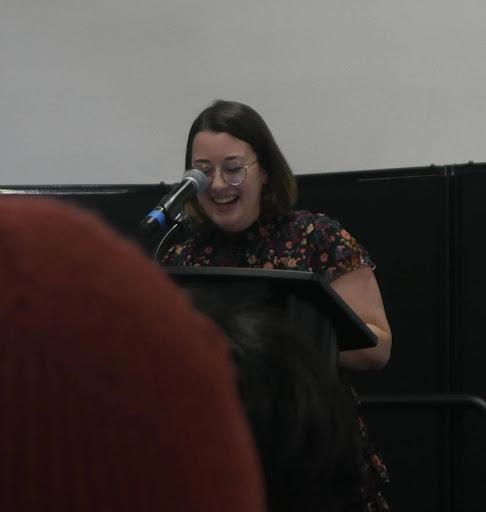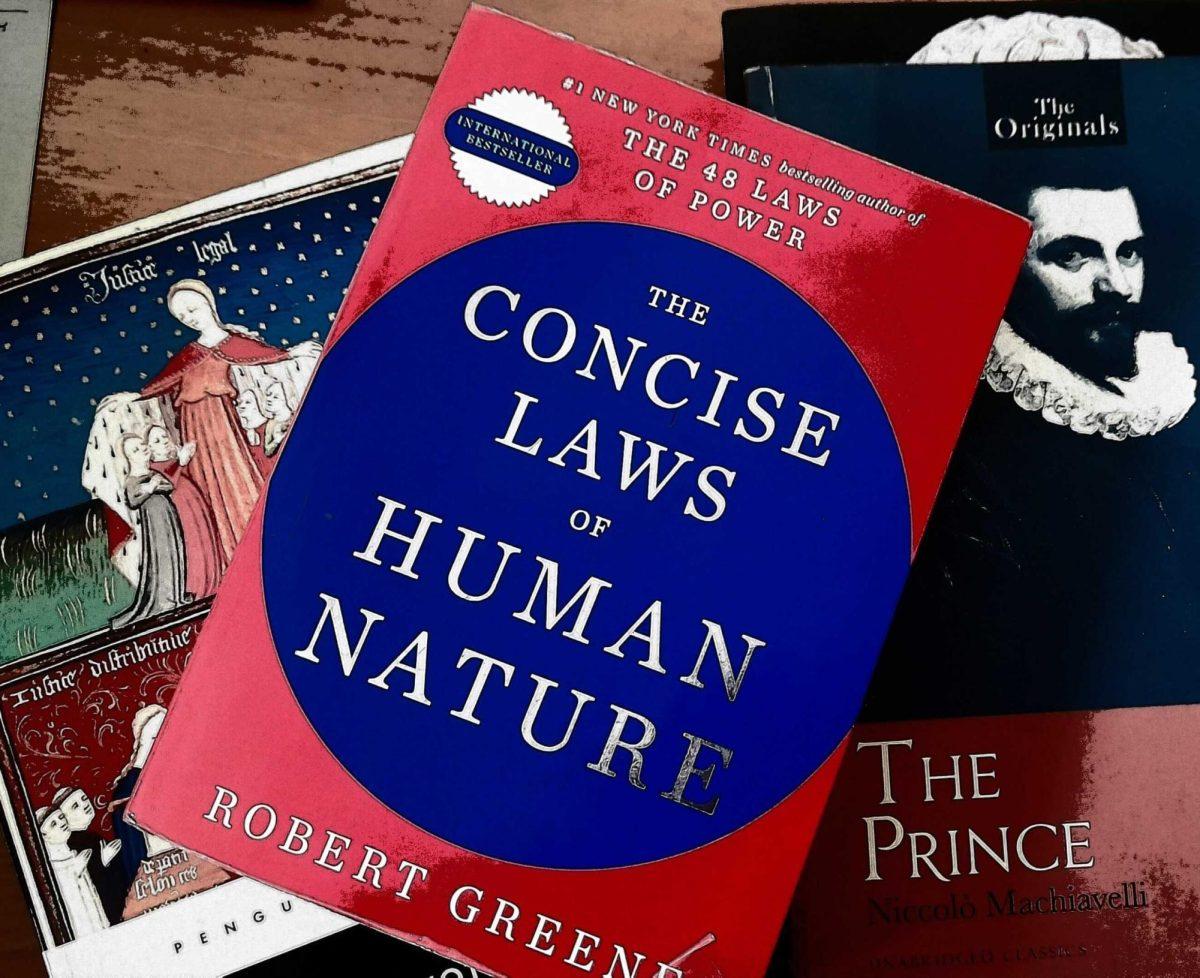
Bassey Etim, an alumnus of both the University of Wisconsin and The Badger Herald, has an impressive resume. He’s currently the community manager for The New York Times, he published his first book, “The God Project,” late last year and he released an accompanying soundtrack on which he performs. Oh, and he’s 25 years old.
Etim’s interest in journalism began while growing up on Milwaukee’s north side, watching network and cable news with his mother. But gradually, his interest began to shift away from broadcasting.
“I realized that the printed word was the only form of news that wasn’t corrupted by the needs of its format,” he said. “In TV, you can only tell the story that fits within a certain space, whereas there’s a lot of great ways to package something in print or on the web.”
And while he incorporates many aspects of multimedia in his current work at the Times and in his recently published novel, the printed word remains one of his top passions.
After moving to Madison from Milwaukee to complete a degree in journalism and political science, Etim began his varied resume at the Herald, where he started as a state political reporter, moved to opinion writing and editing, covered sports and arts and eventually worked his way up to the position of managing editor.
Shortly after graduating, Etim scored his job at the Times, where he runs a team of comment moderators for the newspaper’s website. He sets the moderation guidelines and serves as the editorial head of a team of developers that builds user-generated content in a role that he describes as “a tech guy for the newsroom” where he blogs and does some reporting on the side.
“I try to translate the Times’ standards into standards that work for Internet content and for all kinds of user-generated content,” he said.
The approach at the Times to control commenting is one where quality trumps quantity. In any given article, Etim strives to make the comments section its own piece of content.
“People can come to the Times for quality stuff, scroll down to the end of an article and see other smart, intelligent opinions here,” he said. “It’s all high quality, good analysis from your fellow citizens from around the world.”
In between painting the walls of the Herald office his junior year of college and taking one week off to write in his Brooklyn apartment, Etim completed his first novel, “The God Project.” It tells the story of two manufactured prophets in a time of political apathy. In the book, UW graduate political science student Ashley Ambrose preaches hope and optimism for a global resolution to unify under one government while glorified businessman Jack Coppell singlehandedly ends a Nigerian civil war and calls for the disassembly of government as a whole. Audiences are receptive to both “prophets,” as a scientific endeavor is revealed that would change humankind.
The book, by and for the digital age we live in, is available only in digital form and has an accompanying website to provide readers an entry point with multimedia materials including character diaries, Etim’s soundtrack, excerpts, an upcoming music video and more.
“I got to try some cool experimental stuff that helped me tell the story I wanted to tell,” he said.
And much like the multifaceted way Etim is presenting the novel with its complementary materials, the book itself is presented in an unusual way. Narrated by one of its protagonists, an engineer who brings about colossal human discovery, the book assumes the reader – a person who lives decades in the future – already knows parts of the story, revealing itself to today’s audiences in small but seductive pieces.
One of the novel’s most captivating moments is when Ambrose, the young prophet spawned by a UW political science professor, declares on a media celebrity’s tour, “I am more human than the nation-state, and I won’t die for her unless she’ll die for me.” It may seem trite to today’s jaded reader, but with the intricate priming of the book’s geopolitical climate and circumstances, it leaves Ambrose’s audiences in an uproar and quickly earns him prophet status.
In writing the book, Etim reflected on his motives. In the age of new media, he thought, “What would happen if Jesus came back today? There would be a certain modernism to it,” he said.
Etim’s fondness for UW also shines throughout, with references to students and professors at the Memorial Union Terrace, UW buildings and campus reporters.
In his list of acknowledgments at the end of the book, Etim pays tribute to his years at the Herald: “As long as you exist, and so long as pure love for the art of journalism is in your hearts, this country will have a fighting chance.”
For more info about Etim and “The God Project,” go to www.godprojectextras.com.













